On October 23, the delegation attending the National Halal Conference, led by Mr. Eng.Moteb Al-Mezani, Chairman of the Halal Certification Center of the Gulf Cooperation Council (GCC), visited and worked in Quang Ninh province.

Accordingly, the delegation visited and surveyed Ha Long Bay and visited the processing and display facility of Ha Long Pearl Company (Tuan Chau ward), an enterprise with potential in developing the Halal industry.

At the meeting, the leaders of Ha Long City informed the delegation about the socio -economic situation of Ha Long City; the management, promotion and conservation of the World Natural Heritage Ha Long Bay; the potential for production and trading of goods and services related to the Halal industry...

Sharing at the meeting, Mr. Eng.Moteb Al-Mezani, Chairman of the Halal Certification Center of the Gulf Cooperation Council (GCC), highly appreciated the potential and advantages in tourism development as well as the development of the Halal industry in all fields of Quang Ninh. At the same time, he hoped that Quang Ninh in particular and Vietnam in general would continue to pay more attention to implementing standardization, testing and Halal certification activities for businesses and experts; signing mutual recognition agreements with Islamic countries (Saudi Arabia, Malaysia, Indonesia, Pakistan, etc.); establishing supply chains, value chains and Halal ecosystems; attracting both FDI and domestic Halal investment; supporting and promoting Halal production and export activities in priority areas (food, agricultural products, cosmetics, tourism, garments, footwear, etc.); promoting digital transformation and e-commerce for export to the Halal market, etc.

This is an important visit, aiming to contribute to enhancing the understanding and exchange of economic, trade, investment and tourism cooperation opportunities in the Halal field between the working delegation and Quang Ninh province.
The Halal industry (referred to as Halal industry) is a collective of industries that cater to the needs of Muslim consumers such as Halal food and beverages, Halal pharmaceuticals, Halal cosmetics, fashion and art, Islamic digital economy, health and wellness, Muslim-friendly tourism, supply chain, Halal transportation and logistics, Islamic finance. |
Source


![[Photo] Panorama of the cable-stayed bridge, the final bottleneck of the Ben Luc-Long Thanh expressway](https://vphoto.vietnam.vn/thumb/1200x675/vietnam/resource/IMAGE/2025/9/30/391fdf21025541d6b2f092e49a17243f)
![[Photo] Solemn opening of the 12th Military Party Congress for the 2025-2030 term](https://vphoto.vietnam.vn/thumb/1200x675/vietnam/resource/IMAGE/2025/9/30/2cd383b3130d41a1a4b5ace0d5eb989d)

![[Photo] General Secretary To Lam, Secretary of the Central Military Commission attends the 12th Party Congress of the Army](https://vphoto.vietnam.vn/thumb/1200x675/vietnam/resource/IMAGE/2025/9/30/9b63aaa37ddb472ead84e3870a8ae825)
![[Photo] President Luong Cuong receives President of the Cuban National Assembly Esteban Lazo Hernandez](https://vphoto.vietnam.vn/thumb/1200x675/vietnam/resource/IMAGE/2025/9/30/4d38932911c24f6ea1936252bd5427fa)
![[Photo] The 1st Congress of Phu Tho Provincial Party Committee, term 2025-2030](https://vphoto.vietnam.vn/thumb/1200x675/vietnam/resource/IMAGE/2025/9/30/1507da06216649bba8a1ce6251816820)
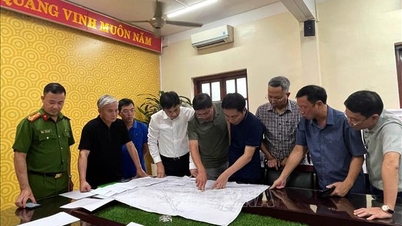

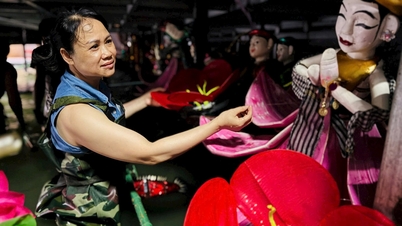

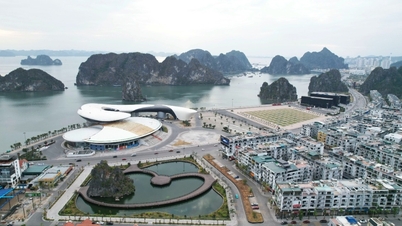



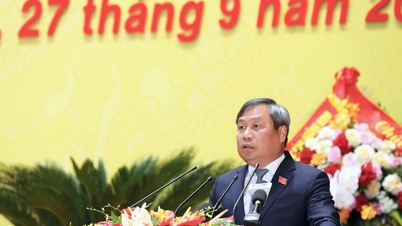



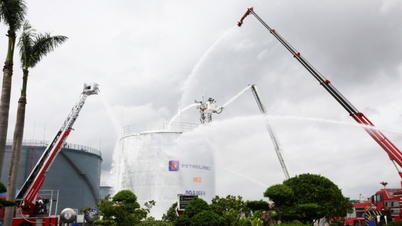


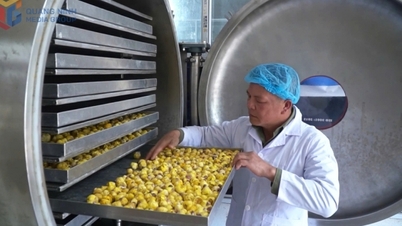

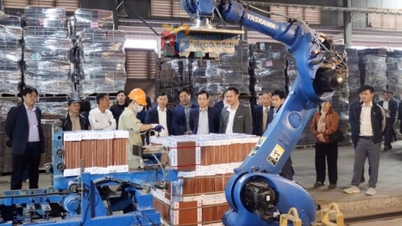
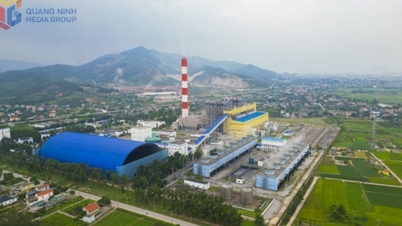







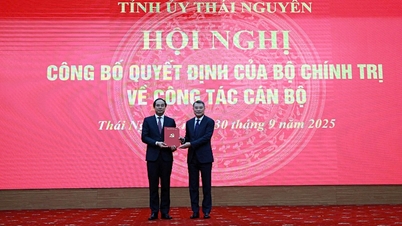













































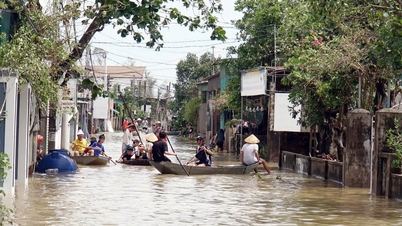

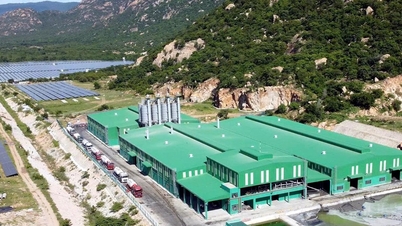

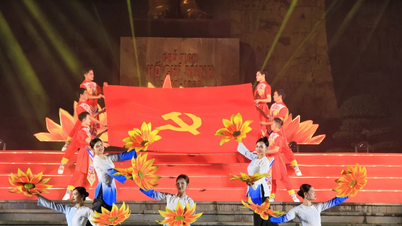

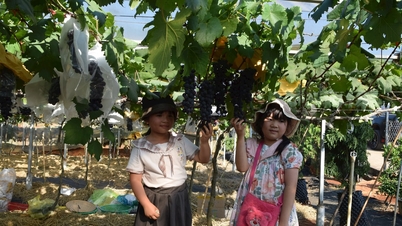
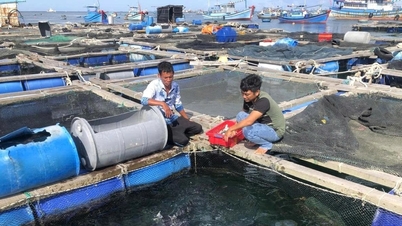












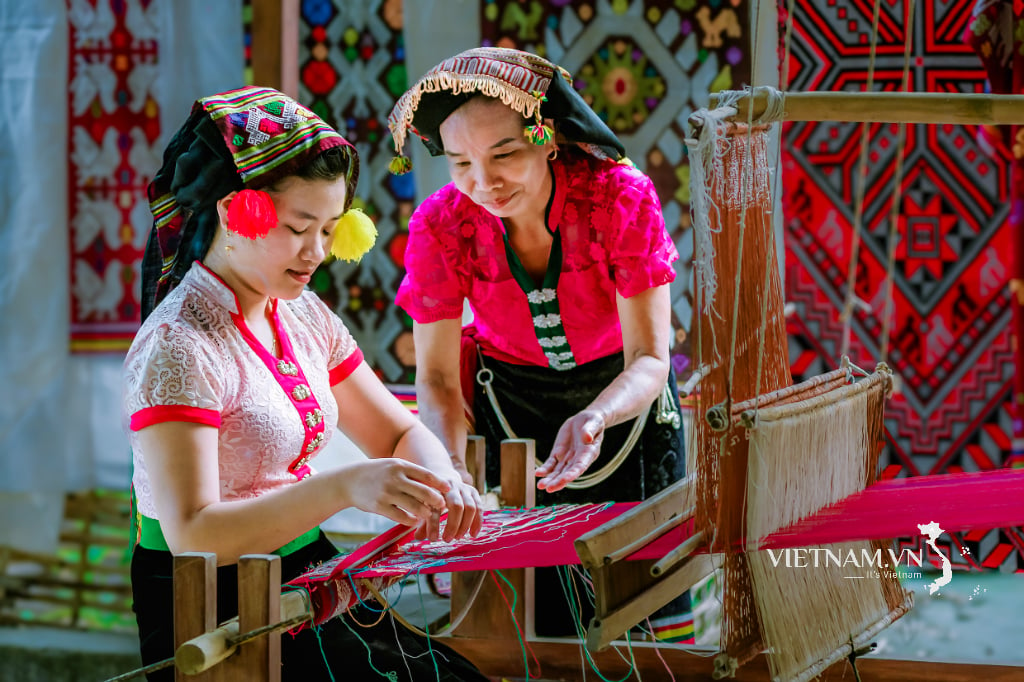
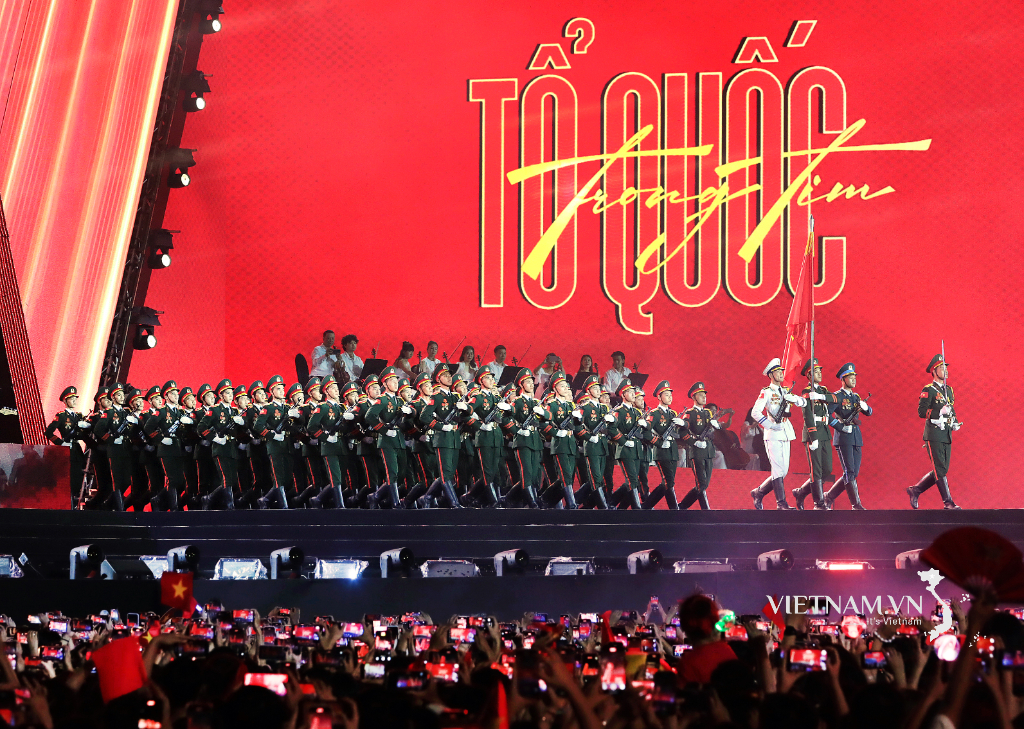

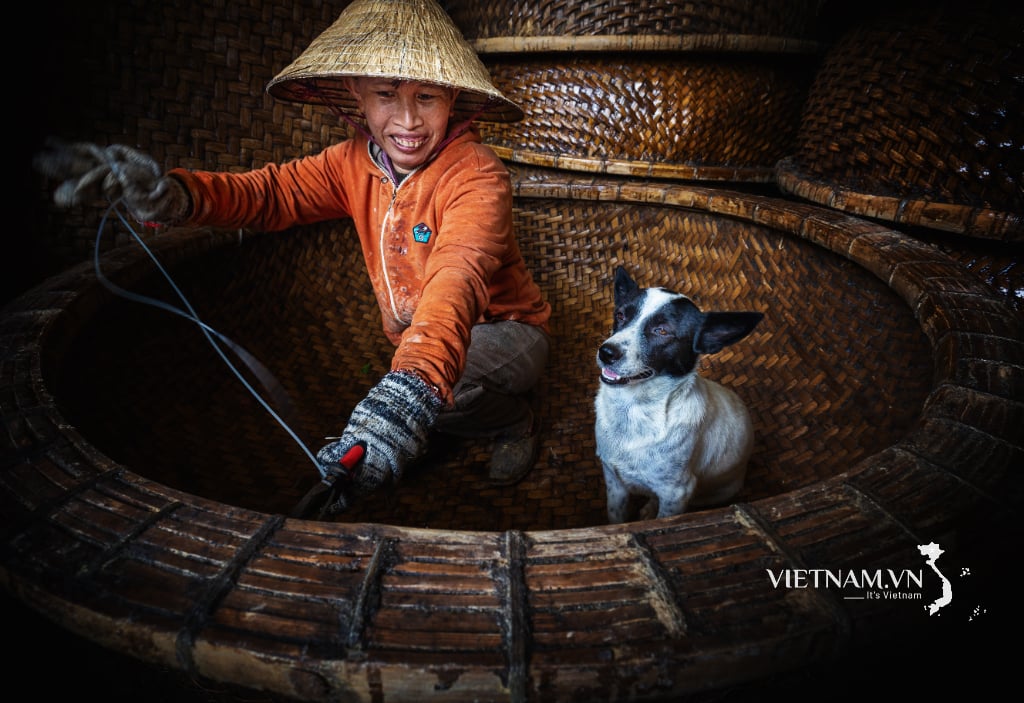
Comment (0)